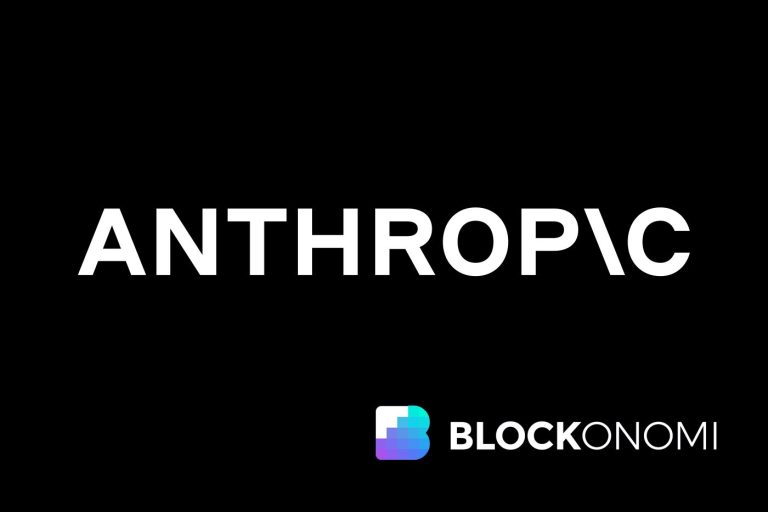
Understanding Time Management

Time management is the process of organizing and planning how to divide your time between different activities. Good time management enables an individual to complete more in a shorter period, lowers stress, and leads to career success. Implementing effective time management strategies allows you to prioritize tasks, goals, and deadlines.
Set Clear Goals

Setting clear and achievable goals is the first step towards effective time management. Consider setting goals following the SMART criteria: Specific, Measurable, Achievable, Relevant, and Time-bound. This method helps you outline realistic steps that drive you closer to your objectives. For example, instead of stating, “I want to write a book,” rephrase it to, “I want to write the first draft of my book in three months.” This specificity motivates you to focus your efforts and efficiently use your time.
Prioritize Tasks Effectively

Once you have your goals, it’s crucial to prioritize your tasks. A popular method for doing this is the Eisenhower Matrix, which divides tasks into four quadrants: Urgent and Important, Important but Not Urgent, Urgent but Not Important, and Neither Urgent nor Important. Tackling urgent and important tasks first enhances focus and energy levels, allowing for better completion rates of significant projects.
Utilize a Planner or Digital Tools

Keeping track of tasks can be manageable through the use of planners (physical or digital). Calendar apps, task management tools like Trello or Asana, and to-do list apps such as Todoist or Microsoft To Do can streamline task management and reminders. Designate blocks of time for certain tasks — for example, a 90-minute work session followed by a 15-minute break, known commonly as the Pomodoro Technique, can exponentially increase your productivity.
Minimize Distractions

Maintaining focus in today’s digital world can be challenging. Identifying areas of distraction and minimizing them are essential for effective time management. Techniques such as communicating specific times for interruptions, using apps that block social media during work hours, and maintaining an organized workspace can drastically reduce distractions. Additionally, try setting boundaries with the people around you, especially at home or in shared spaces.
Takeaways

- Establish clear goals using the SMART criteria for direction.
- Employ task prioritization methods to maximize efficiency.
- Leverage planners and digital tools for organized task tracking.
- Implement distractions minimization tactics for enhanced focus.
Conclusion

Effective time management is an invaluable skill that can help streamline your workload, reduce stress, and improve overall productivity. By setting clear goals, prioritizing tasks, using modern tools, and minimizing distractions, you can master the art of organizing your time. Whether you’re handling daily responsibilities or planning long-term projects, employing these strategies will help you take control of your time and reach your full potential.





